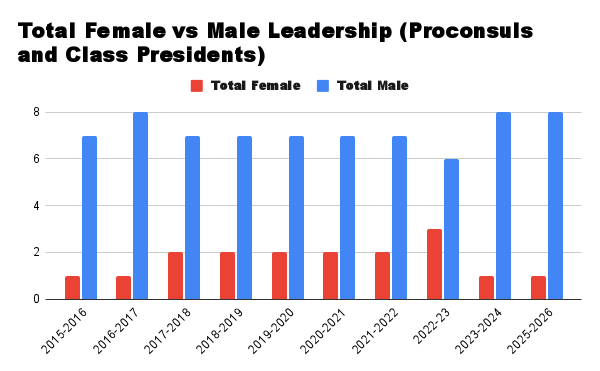Exam Cram Tips
For anyone without flawless time management, exam week might be the most stressful follow-up to the holiday season imaginable. As a self-proclaimed expert of cramming, I thought I would share a few tips you can use to ensure a somewhat smooth and successful exam week.
Getting Started
A message to those who tend to procrastinate: The hardest part of studying for an exam is getting started, and that first step becomes tougher every time you postpone it. If you can commit to the first 15 minutes of studying, the next half hour will likely come naturally.
In my opinion, it is easiest to study at either the very beginning or the very end of the day.
Allow yourself the conditions you need to study. Some people prefer silence, while others concentrate better with music. Some people prefer company, while others would rather study alone. But keep in mind that not everything that makes a study session more enjoyable will make it more productive.
Get rid of distractions. Do not convince yourself that you’re a proficient multitasker. Keep your distance from people, devices and locations that weaken your concentration.
Studying More Efficiently
Organize content logically to make it more manageable. For instance, you could divide events in US history into broad themes or time periods. This will also encourage you to draw connections between ideas, which is more effective than plain memorization.
If you have no idea where to start, the Internet is not a bad place. The Web is home to a bounty of notes, articles, and other study materials. You can absorb information with absurd efficiency by watching YouTube videos, especially if you adjust the speed.
You can also find practice questions online, which are good for identifying your weaknesses when you start studying or for testing your knowledge once you finish studying.
Short periods of highly intense studying are often more effective than long periods of moderately intense studying. Many skilled time-managers espouse a ratio of 25 minutes of work to 5 minutes of rest. You are likely to benefit far more from four rounds of this than from two straight hours of studying, even though the latter requires 20 more minutes of “work time.”
Reinforce your understanding by reciting information in your own words. You can do this by giving a lesson to a friend or by making a cheat sheet for yourself without looking at your notes.
Right Before the Test
Before the morning of the exam, figure out what you are going to wear, eat, bring, and (if you’re so inclined) study before entering the test room. You don’t want too many things on your mind besides acing that exam.
Rosemary, chocolate, and peppermint are all said to stimulate the brain\; they could help to get you in a good test-taking mood.
When the exam begins, immediately write down bits of information that you think you might forget while answering questions, such as pesky math formulas or excessively complex Chinese characters.
Stay relaxed, but do not take the exam passively. Concentrate on every question, never give up, and plan to finish early.
Be careful. You do not want to waste your post-exam weekend kicking yourself over a careless error.
Plan to do something fun or relaxing once you finish all of your exams. You really, really deserve it.










